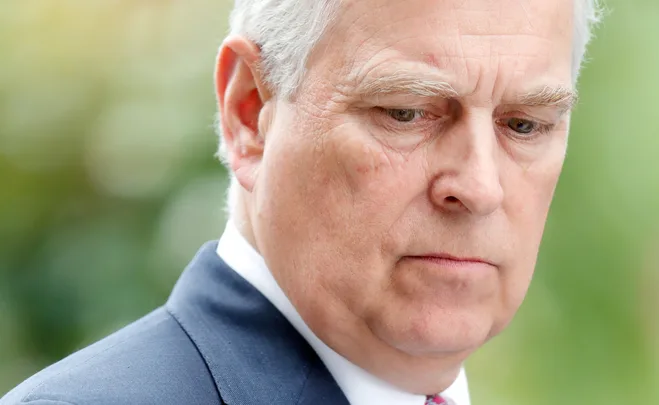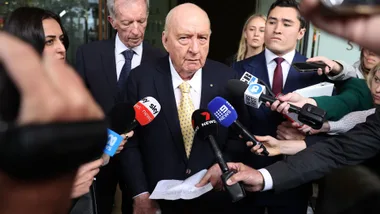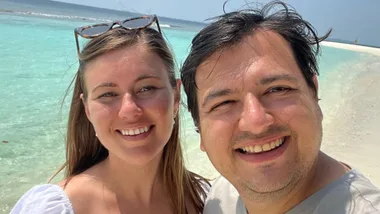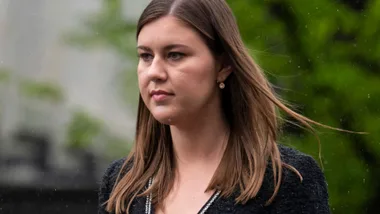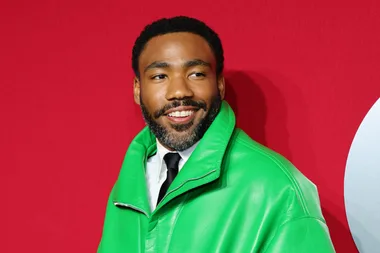A New York judge has ruled Prince Andrew’s civil sexual abuse case will go ahead despite his legal team’s efforts to get the case dismissed based on a loophole.
Last week, the Duke of York’s legal team argued that wording from a 2009 settlement between the royal’s accuser, Virginia Giuffre and sex offender Jeffrey Epstein had the means to excuse the case entirely.
But Judge Lewis Kaplan said it would be premature to consider the Prince’s efforts to “cast doubt” on her claims—instead, he could do so at the upcoming trial.
Prince Andrew has been accused of sexual abuse by Giuffre, who says she was forced to have sex with the Prince back in the late 1990s when Virginia was below 18 years of age. She alleges this activity occurred at the mansion of convicted sex offender Jeffrey Epstein and at the London home of Epstein’s former girlfriend Ghislaine Maxwell, who was recently found guilty of five out of six charges of recruiting and grooming teenage girls to be sexually abused by Epstein.
It’s clear the Prince’s lawyers are doing everything they can to dismiss the case, with their latest attempt capturing the world’s attention due to the fact that it’s based on a loophole in an agreement made more than a decade ago.
Here, we look at what that is, and why the judge dismissed it.
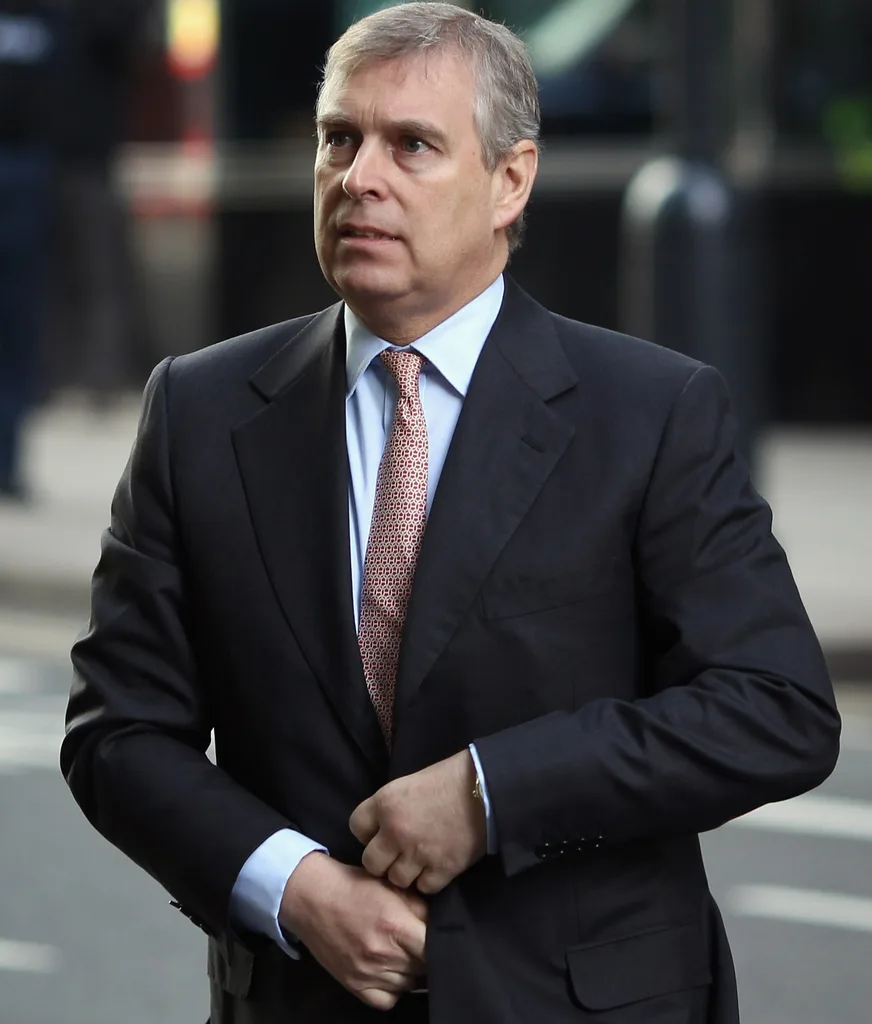
What was the loophole?
Back in 2009, Virginia Giuffre agreed to a civil settlement with Jeffrey Epstein for US$500,000 (around AUD$695,000). The agreement contains a liability release for any other “person or entity” who could have been a defendant against claims by Giuffre.
In this instance, Prince Andrew’s legal team tried to argue that this could be enough to dismiss Prince Andrew from liability.
As Judge Kaplan pointed out, it was the language in the agreement that is up for interpretation: When she accepted the payment, Giuffre agreed to not to bring any future cases against “other potential defendants”.
This phrase “Other potential defendants” does not specify any one individual (including Prince Andrew himself), but the Duke of York’s lawyer, Andrew Brettler, argued that because of this wording, it can cover a broad range of individuals, including royals.
Why did the judge dismiss the bid?
As soon as Andrew’s legal team filed to dismiss his case, Judge Kaplan was clearly unconvinced.
When Brettler suggested that the settlement’s use of “other potential defendants” could include royalty, Kaplan responded: “Including the Sultan of Brunei?”
Kaplan also added that there were “two or more reasonable interpretations” of this wording, and he was more concerned with determining exactly what Epstein and Giuffre had in mind at the time of the settlement.
The judge also brought another clause from the settlement to everyone’s attention—one that had been largely glossed over until now.
He said the deal between Epstein and Giuffre suggested that “third parties” will be unable to use this agreement in another court without their permission.
Epstein was found dead in a jail cell in 2019, so Kaplan will never be able to determine his intentions.
Thus, the loophole did not stack up in court, with Kaplan stating in his final decision that it was too soon to decide if Epstein and Giuffre “clearly and unambiguously” intended for people like Prince Andrew’s release from liability.
“The parties have articulated at least two reasonable interpretations of the critical language. The agreement therefore is ambiguous,” Kaplan wrote.
Kaplan has said Prince Andrew’s trial could begin later this year.
